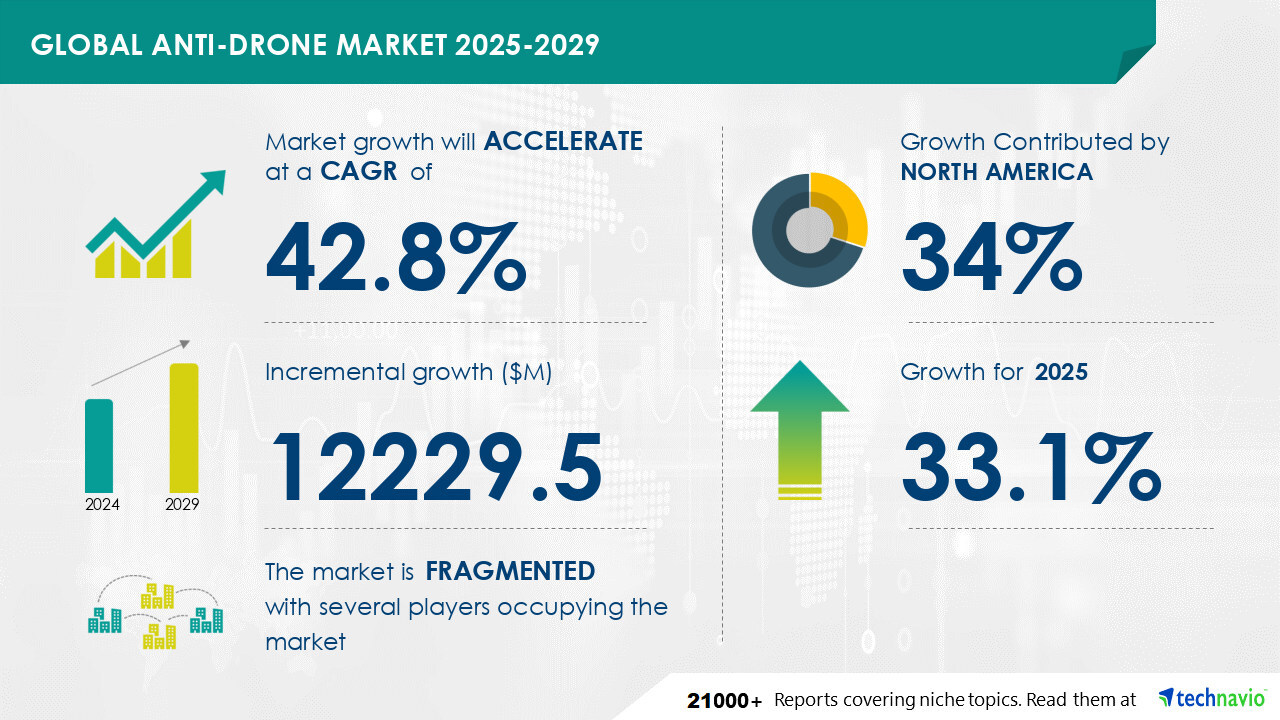U.S. workforce grapples with government policy changes, economic concerns
WASHINGTON, May 21, 2025 -- A majority of U.S. workers (54%) said job insecurity has had a significant impact on their stress levels at work, and more than a third (39%) said they are concerned they may lose their job in the next 12 months due to changes in government policies, according to the American Psychological Association's 2025 Work in America™ survey.
Two-thirds of employed adults (65%) said their company or organization has been affected by recent government policy changes. The survey found that for some, these changes, as well as growing economic uncertainty, are related to intensifying workplace stress and mental health concerns. The Harris Poll conducted the survey on behalf of APA from March 26-April 4, 2025, among more than 2,000 working U.S. adults ages 18 and older.
"When people feel their jobs are at risk, it creates a sense of uncertainty that can affect every aspect of their lives," said Arthur C. Evans Jr., PhD, APA's chief executive officer. "This cultural moment is threatening workers' sense of stability, control and ability to meet their basic needs. And feelings of insecurity at work and poor mental health can amplify each other in a vicious cycle."
Government policy changes, economic concerns and general stress over job security may have had a ripple effect on the psychological and emotional standing of employees, according to the survey findings. Those whose company or organization had been affected by recent government policy changes were more likely than others to report experiencing negative outcomes at work over the last month. These workers most commonly reported experiencing a lack of interest, motivation or energy (28% whose company experienced drastic/significant impacts and 31% whose company experienced moderate/minor impacts vs. 16% whose company experienced no impacts), emotional exhaustion (27% and 30% vs. 18%) and difficulty focusing (23% and 24% vs. 13%).
Other highlights include:
- Workers who said government policy changes had significantly or drastically affected their company or organization — to the point of fundamental changes to their operation or strategy — were more likely than people who had not experienced any changes due to government policies to say job insecurity had a significant impact on their stress at work (70% vs. 39%).
- Among local, state or federal government workers, 53% said they anticipate changes happening in their company or organization due to government policy changes that may happen in the future.
- Around half of workers (51%) said it would take them a significant amount of time to find a new job if they lost theirs, and two in three workers who said they are concerned about losing their job in the next 12 months due to changes in government policies (66%) said the same.
- More than two in five (44%) said that if they lost their job, they would need to move to a different field or industry to find a new job.
Economic uncertainty appeared to have played a major role in workers' concerns about job security. More than two in five employed adults (44%) said they were concerned that an economic slump, downturn or recession could lead to being laid off, furloughed or having their job eliminated within the year. This represented a notable increase from 2024, when only 36% expressed the same concern.
These worries appeared to take a toll on both quality of sleep and personal relationships. Among those concerned about job security due to an economic slump, downturn or recession, 42% said work-related stress makes it difficult to sleep, while 36% reported that their personal relationships had recently been suffering due to stress experienced at work.
"In recent years, awareness has grown around the profound impact the workplace has on people's mental health," Evans said "This year's survey makes one thing clear: unmanaged stress is not just a personal health issue—it's a critical organizational risk, contributing to lower productivity and higher turnover. Employers have a responsibility to go beyond awareness and invest in evidence-based strategies that promote workers' psychological well-being. At the same time, employees must recognize the importance of prioritizing their mental health and be empowered with the skills and support to do so."
APA psychologists offer this advice for dealing with toxic or chaotic workplaces.
Methodology
The research was conducted online in the United States by The Harris Poll on behalf of the American Psychological Association among 2,017 employed adults. The survey was conducted March 26-April 4, 2025. Data is weighted where necessary by age, gender, race/ethnicity, region, education, marital status, household size, work status, household income and smoking status to bring it in line with its actual proportions in the population.
CONTACT:
Sophie Bethune
sbethune@apa.org
(202) 336-6134
This News is brought to you by Qube Mark, your trusted source for the latest updates and insights in marketing technology. Stay tuned for more groundbreaking innovations in the world of technology.









